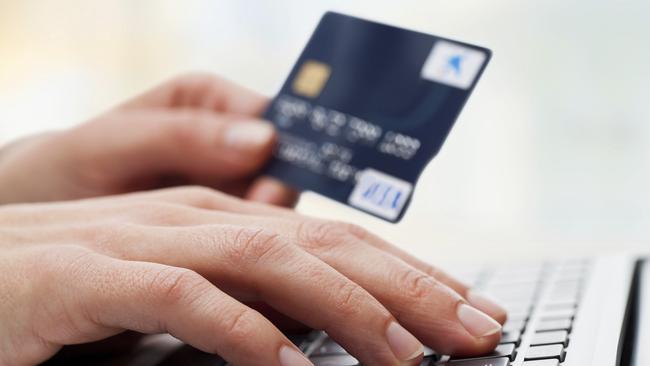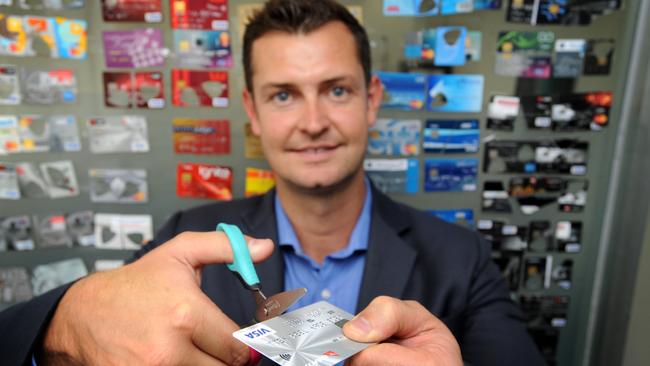One in four Australians admit to spending more than they earn
Many Australians admit they spend more than they earn and this often gets worse at Christmas time. These are simple ways to try and reduce your financial pain in 2020.
Saver HQ
Don't miss out on the headlines from Saver HQ. Followed categories will be added to My News.
One in four Australians are spending more than they earn and are likely to add more salt to the wound over the expensive Christmas period.
The pressure on people’s purse strings is amplified at this time of year, as households try to cope with normal living expenses as well as festive costs including presents, gatherings with family and friends, and going on a holiday.
A new report released by financial services firm Canstar found 26 per cent of Australians feel they are not living within their means, don’t save regularly and cannot curb their debts.
And of those Australians carrying debt outside of a home or investment loan – this includes expenses such as car loans, personal loans, credit card debt, university debt and buy now, pay later schemes – the average amount owing is $48,809.

Women are likely to carry more debt at $50,279 while men are likely to carry $45,611.
Crown Money Management’s chief executive officer Scott Parry said carrying debts that attracted “interest rates north of 10 per cent” was dire.
He said Australians should switch to a “cash diet”.
“The amount of interest costs going out is huge and it causes a lot of stress for people who are thinking about this every single day,” Mr Parry said.
“Everyone using a credit card is spending unconsciously. Their mindset is that they are not at their limit yet and they can afford whatever it is.”
Canstar editor-at-large Effie Zahos said despite record-low interest rates being able to help people “knock off debt”, other essential costs had risen.
“This includes energy, housing and food: they’ve all gone up, but things we don’t need like games, computer, cars have all come down,” she said.
“Then you throw in sluggish wage growth. Some people have not seen a wage increase for over a decade now and that’s what’s pulling us behind.”

Ms Zahos said December and January were “the peak months for consumer spending” and often left people racking up more debt than throughout the year.
Australia’s household debt is the second-highest in the world to Switzerland – hovering around 120 per cent of gross domestic product, or GDP – the monetary value of goods and services produced within a country within a specific period.
Ms Zahos said Christmas often turned into a trigger to spend with people saying “I deserve this”.
MORE NEWS
How Aussie FBI-trained ‘Mindhunter’ caught a rapist
800 flights affected by Jetstar holiday cuts
Epstein accuser says Andrew ‘used as bait’
“You can still enjoy Christmas without that hangover but it’s important we do take a step back and remind ourselves to pull the reins in,” she said.
Mr Parry said the way of getting back in control financially was by having a set amount of money dedicated to a period of time.
“We don’t feel like we are spending when we are tapping a phone or a ring and not handing over cash,” he said.
Originally published as One in four Australians admit to spending more than they earn

